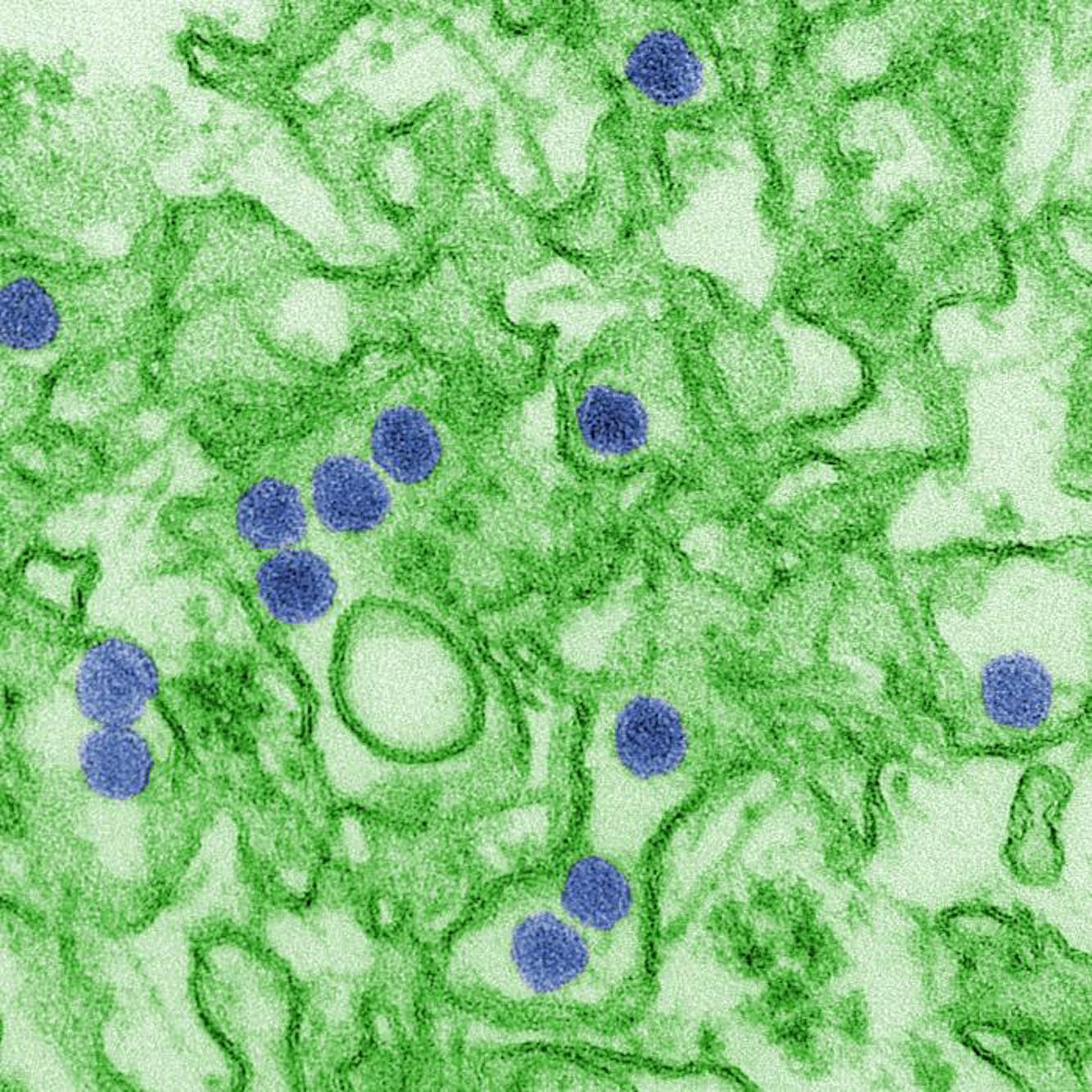Over 100 Zika Cases Confirmed in US, CDC Says

More than 100 cases of Zika virus have been confirmed in the United States, a new report finds.
The 116 residents who have now tested positive for the virus include one infant who was born with severe microcephaly, according to the report from the Centers for Disease Control and Prevention (CDC). All 116 cases of Zika were confirmed by lab tests at the CDC.
The report includes all Zika cases reported between Jan. 1, 2015, and Feb. 26, 2016, but more than three-quarters of the patients reported that their illness began in 2016, according to the report released today (March 18). The patients ranged in age from the newborn infant with microcephaly, up to 81 years old, the report said. [Zika Virus News: Complete Coverage Of The Outbreak]
Ten percent of the patients were children and adolescents younger than 18, and 65 percent of the cases were in females, according to the report.
The patients were residents of 33 states and Washington, D.C., and all had reported either recently traveling to areas with the Zika virus or having sexual contact with such a traveler, according to the CDC. Specifically, 110 patients had traveled to areas with Zika, including the mother of the infant born with microcephaly, who reported being infected with the virus in Brazil during her first trimester, according to the report. In the other five cases, the patients became infected through sexual activity with a person who became infected while traveling.
The most common countries visited by the patients were Haiti, El Salvador, Colombia, Honduras and Guatemala, the CDC reported.
To date, there have been no reports of people contracting Zika from a mosquito bite in the U.S., although officials have said that a small number of such cases are expected to occur. Officials have warned that Zika has been found in the semen of infected men, and that men who travel to regions where the virus is spreading and have pregnant partners should use condoms or abstain from sex until the baby is born.
Sign up for the Live Science daily newsletter now
Get the world’s most fascinating discoveries delivered straight to your inbox.
The patients in the report said they became ill between 37 days before returning to the U.S. and 11 days after returning to the U.S., according to the report.
Although the Zika virus usually causes no symptoms or mild symptoms in adults, health officials are concerned about the link between infection during pregnancy and microcephaly in infants. Microcephaly is a condition where babies may be born with an abnormally small head and cognitive impairments.
All 115 patients (not including the newborn) reported clinical symptoms of Zika, including the mother of the infant born with microcephaly, according to the CDC. The most common symptoms were rash (113 of the patients), fever (94 of the patients) and joint pain (76 of the patients), according to the report. Other symptoms included headache, muscle pain and conjunctivitis (pink eye). Nearly all of the patients reported experiencing two or more of the symptoms, and over two-thirds of the patients reported experiencing three or more, according to the report.
Four patients were hospitalized, but no deaths occurred, according to the report.
The CDC has warned that the number of cases among travelers will likely continue to increase, and that this could lead to local transmission.
Follow Sara G. Miller on Twitter @SaraGMiller. Follow Live Science @livescience, Facebook & Google+. Originally published on Live Science.










